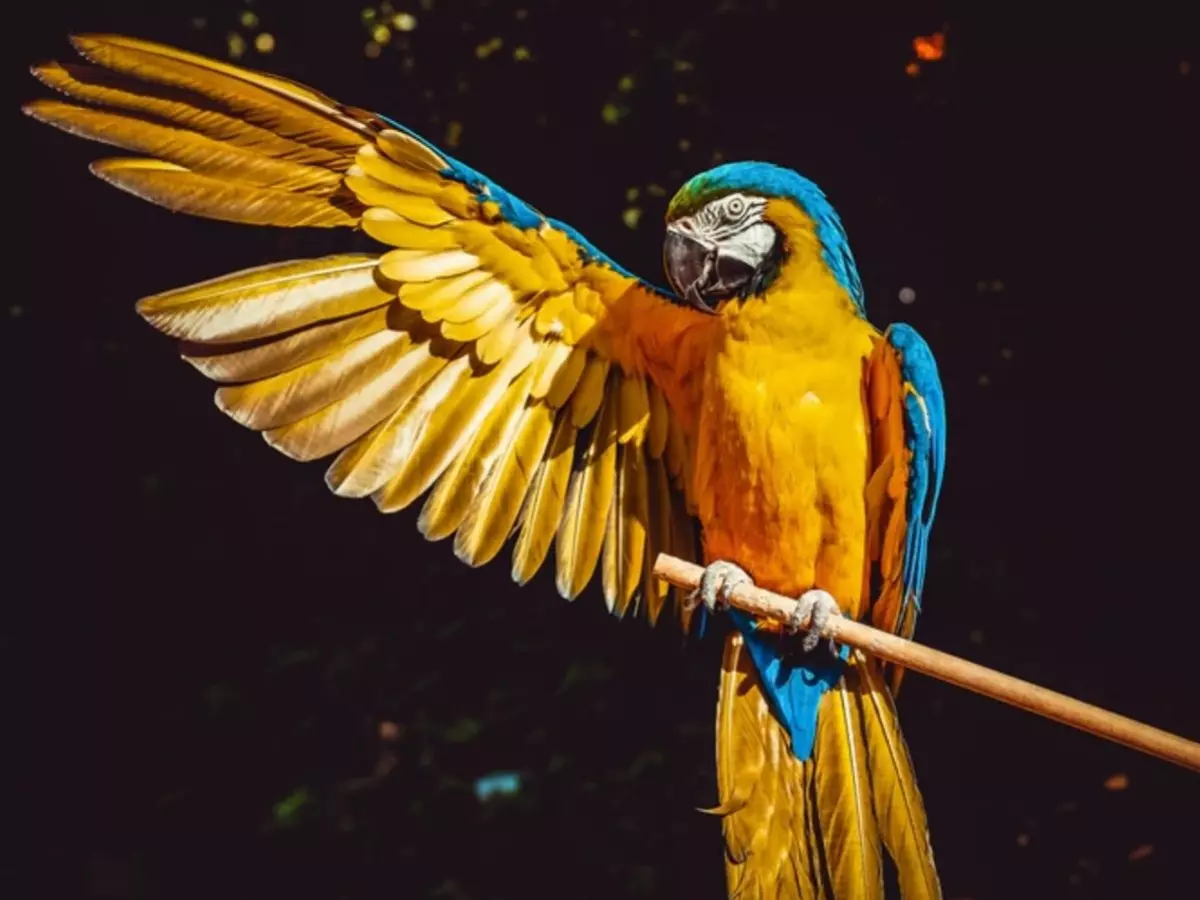Climate Change Forcing Animals To Change Their Shape And Size In Race To Survive
Climate change is responsible for more than erratic weather. It can affect ecosystems in place and cause animals to evolve with the changes it presents

Climate change is causing erratic weather on Earth - forcing mass displacement of animals and people alike.
The hard-hitting effects of climate change are felt in the form of natural disasters like the wildfires in Australia and the increasing frequency of earthquakes. But while our climate evolves, so do we. And animals are no different. Many creatures are now shifting their shapes to evolve with rising temperatures, threatened ecosystems, and scanty resources.
 Unsplash
Unsplash
Creatures are tweaking their sizes
To prepare themselves for the worst, creatures are tweaking the shapes and sizes of certain body parts. While some have shown signs of longer ears, birds are growing larger bills. Why, you ask? Unlike humans, wild animals are dependent on their own body to cool off.
With rising temperatures, their ability to cool down their bodies is naturally bound to be challenged. To fight this evolutionary war, animals are simply learning to adapt.
Also read: US Conspiracy Claims Birds Aren¡¯t Real, They Are Government Spy Drones
The research was undertaken by a group of scientists at Deakin University in Australia. They were able to track 30 species of animals that have exhibited bodily changes in response to climate change over different time periods, now published in the journal Trends in Ecology and Evolution.
 Unsplash
Unsplash
Warm-blooded animals are essentially trying to prevent their bodies from overheating. Heat is released through different appendages for different creatures, according to the study's author Sara Rying - tails in mice, ears in elephants, bills in birds... and so on.
Which animals showed bodily changes?
Parrots in Australia grew the size of the bills, roundleaf bats from China grew larger wings, rabbits in Europe showed longer ears, while mice increased the length of their tails.
 Unsplash
Unsplash
Also read: Song Birds Sing And Communicate With Others Just Like Humans, Reveals Study
Since 1871, parrots have grown their beak surface from 4 to 10 per cent. The roundleaf bat increased the size of its wings by over a per cent since the 1950s. In biology, the "Bergmann rule" states that colder regions have smaller animals that are also thicker in terms of body. At the same time, animals in hotter regions are bigger.
What do you think would happen to human beings if we didn't have air conditioning to maintain our body cold? Let us know in the comments and for more in the world of science and technology, keep reading /.
